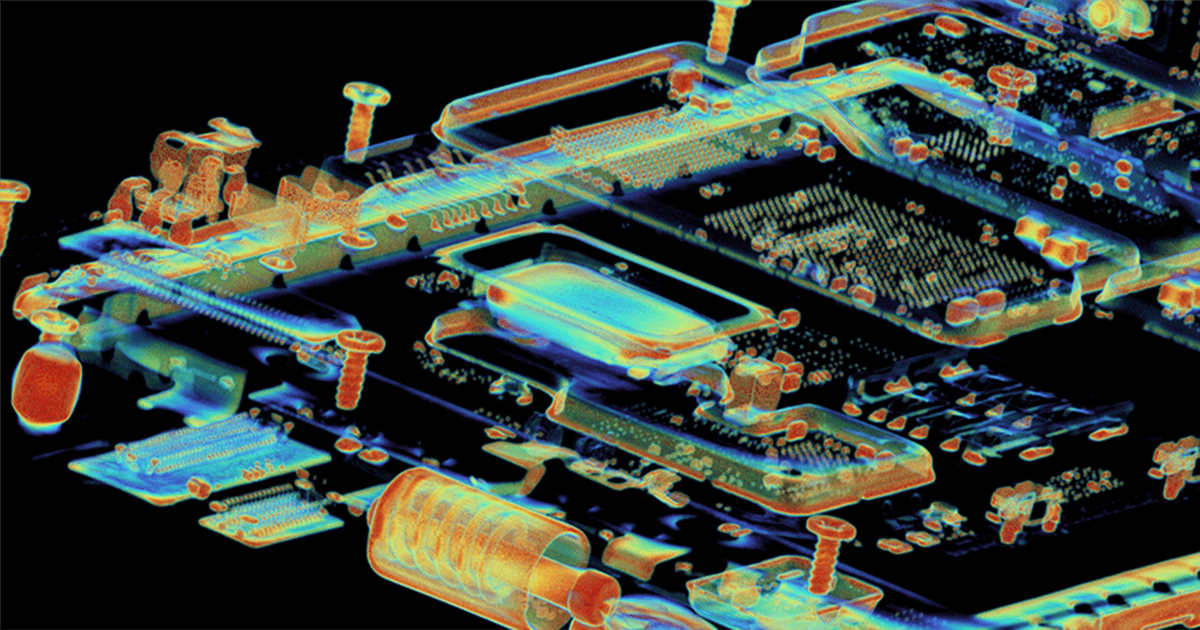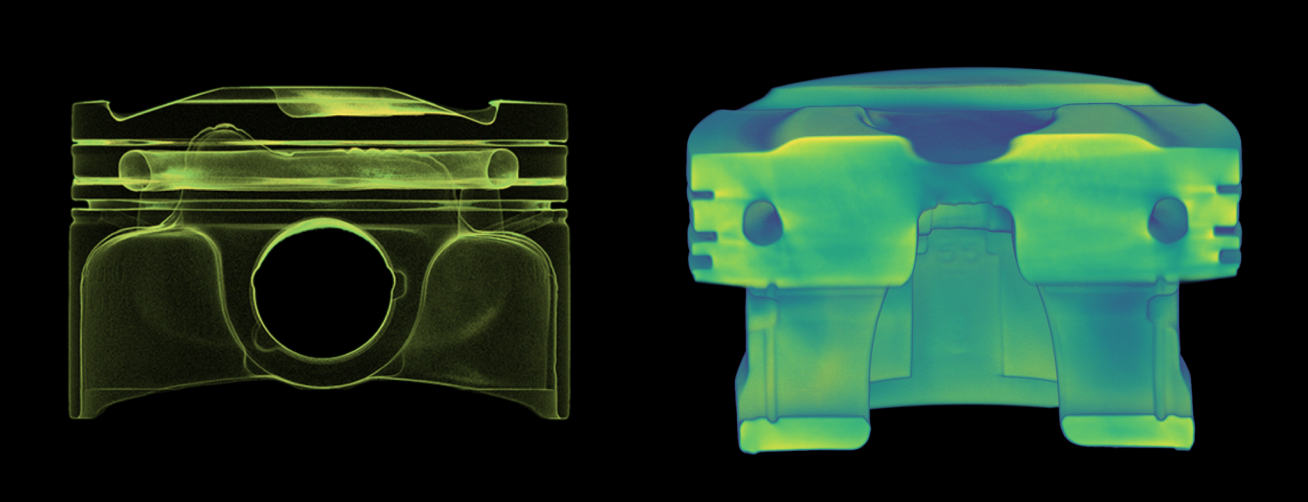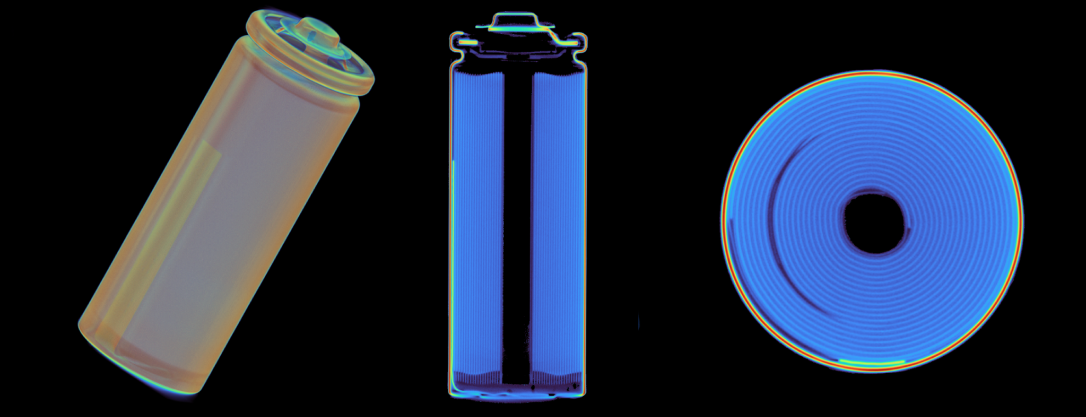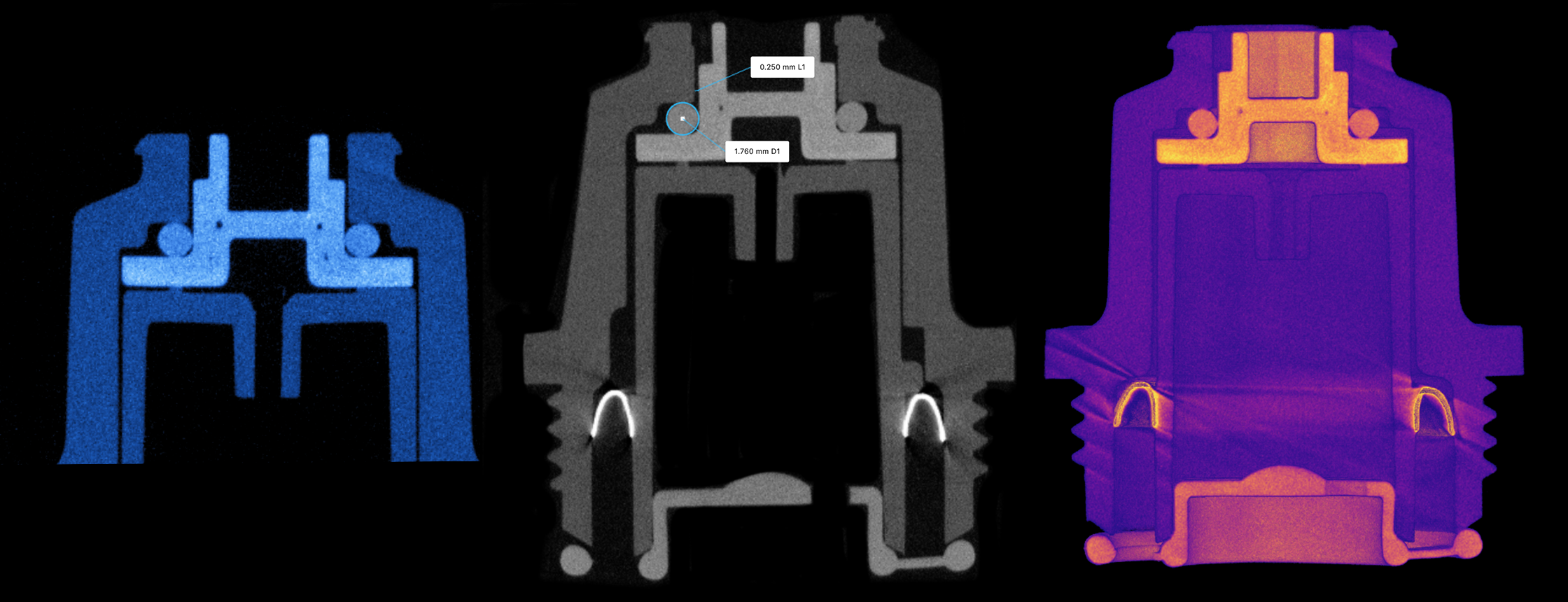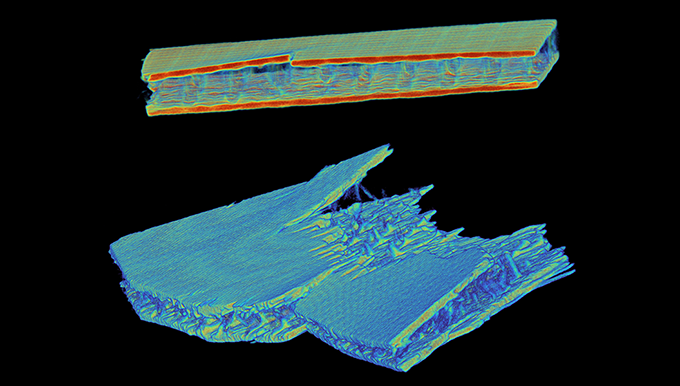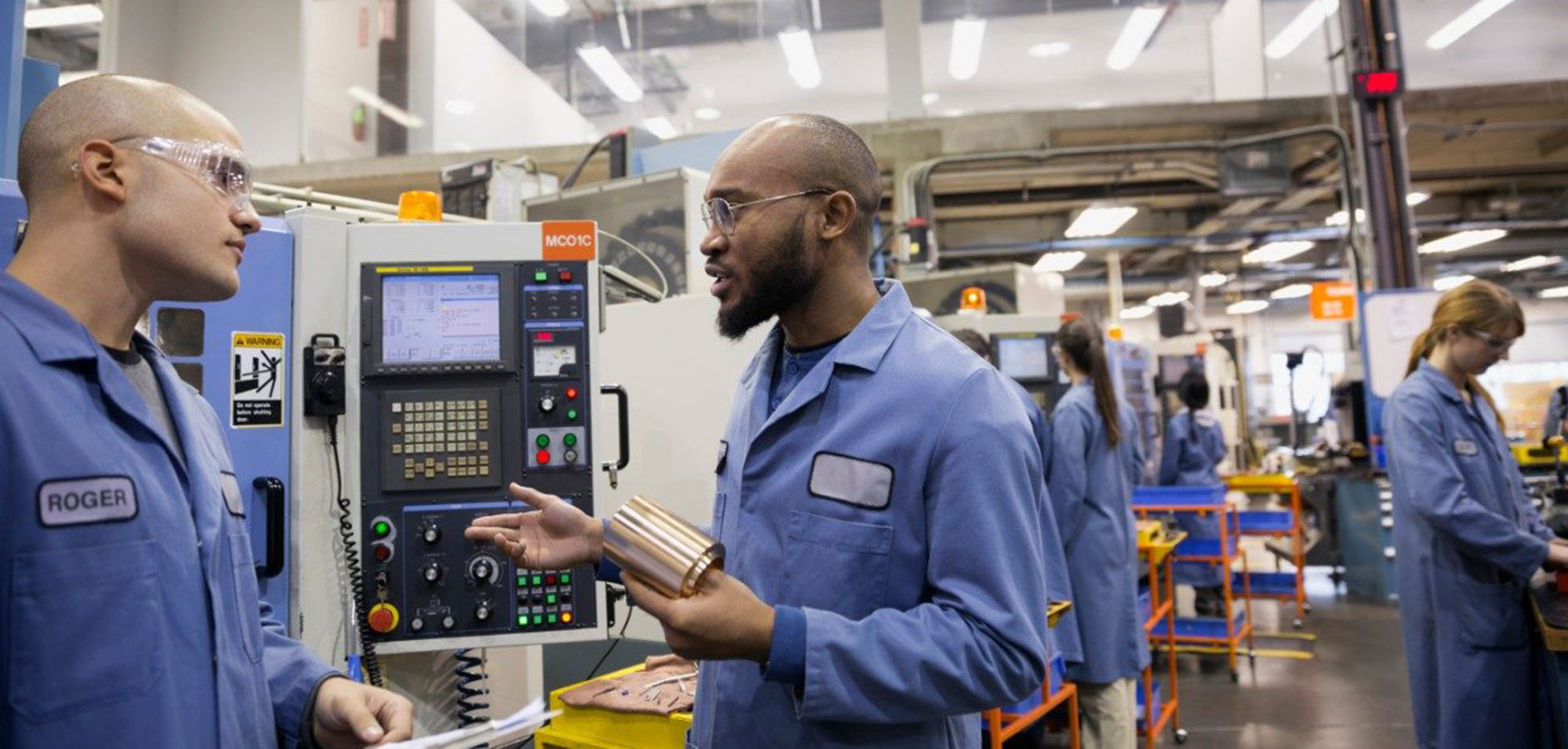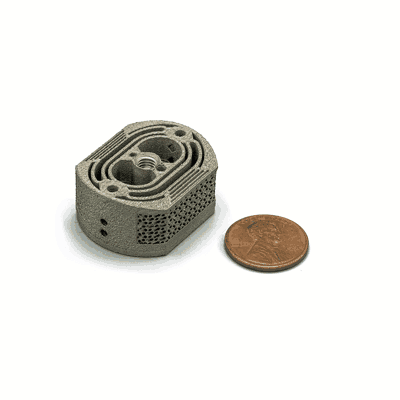
A globally recognized CPG conglomerate condensed time-to-decision from three weeks to three days.
Summary
- A globally recognized CPG conglomerate reduced their time-to-decision for packaging defects from three weeks to just three days with Lumafield’s industrial X-ray CT technology.
- When a deodorant cap failed a pull test and put one of their brands at risk, engineers identified and resolved the issue 85% faster with the help of their Neptune scanner.
- With Neptune in-house and Voyager operating in a web browser, the company has streamlined their R&D, testing, and product development processes without the need for long wait times due to outsourcing.
Background
Our customer is a British multinational manufacturer of well-known personal care, nutrition, hygiene, and ice cream products, including many brands that have become household names across the globe. The company owns over 400 brands worldwide, and has a deep commitment to making sustainable living accessible to the 3.5+ billion people who use their products every day. Product packaging plays a critical role in both the company’s sustainability initiatives and the quality of the experience that each of their customers has when using one of their portfolio products.
Packaging for these products is often intricate and complex – especially packaging for beauty products like deodorant and shampoo, which often include a variety of small, codependent parts. If a packaging issue arises, CPG manufacturers often find themselves thrust into an inefficient R&D process which leaves them waiting weeks for outsourced parts and CT scans. Any increase in the time-to-decision regarding changes to defective packaging means more opportunity for bad products to enter the field and find their way into the hands of customers.

Accelerating the Time-to-Decision Process
A recent lightweighting modification led to the cap from one of our customer’s deodorant products failing a pull test. The company’s engineers struggled to make sense of the issue and knew that they could not afford to wait three weeks for the outsourced CT scanning process to run its course. With hundreds of thousands of units of this deodorant in production and soon to be in the hands of consumers in over 150 countries, they needed to diagnose and fix the issue in a matter of days – not weeks. “Issues like this defective deodorant cap can cost us millions of dollars and quickly erode the trust we’ve built with consumers over decades of providing them with top quality products,” said our customer’s VP of Product Development.
With Lumafield’s Neptune CT scanning technology now available in-house, they were able to immediately analyze scanned cross-section imagery of the product and understand why the cap was not properly engaging with the rest of the packaging. These scans gave the customer’s engineering team the evidence they needed to understand why the product had failed the pull test and what needed to be done to make the proper design change. In this situation, Neptune reduced the engineering team’s time-to-decision from three weeks to just three days – an 85% improvement in efficiency that prevented the company from sending hundreds of thousands of potentially defective products to consumers worldwide.
Lumafield’s technology has opened the door for us to immediately address issues and prevent bad products from ever hitting shelves. Neptune has already paid for itself many times over!
—VP of Product Development

